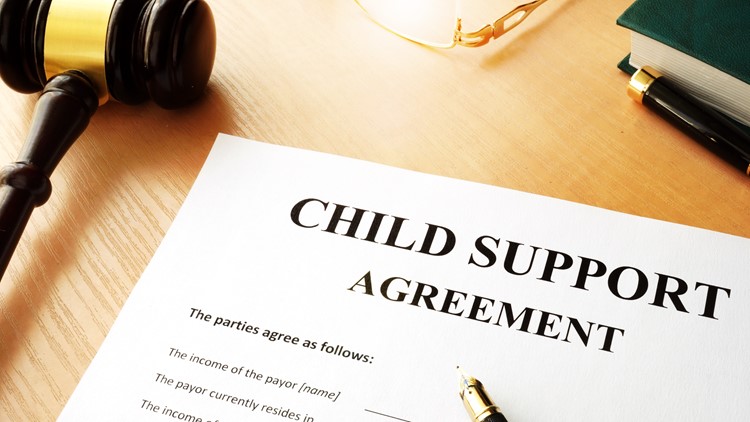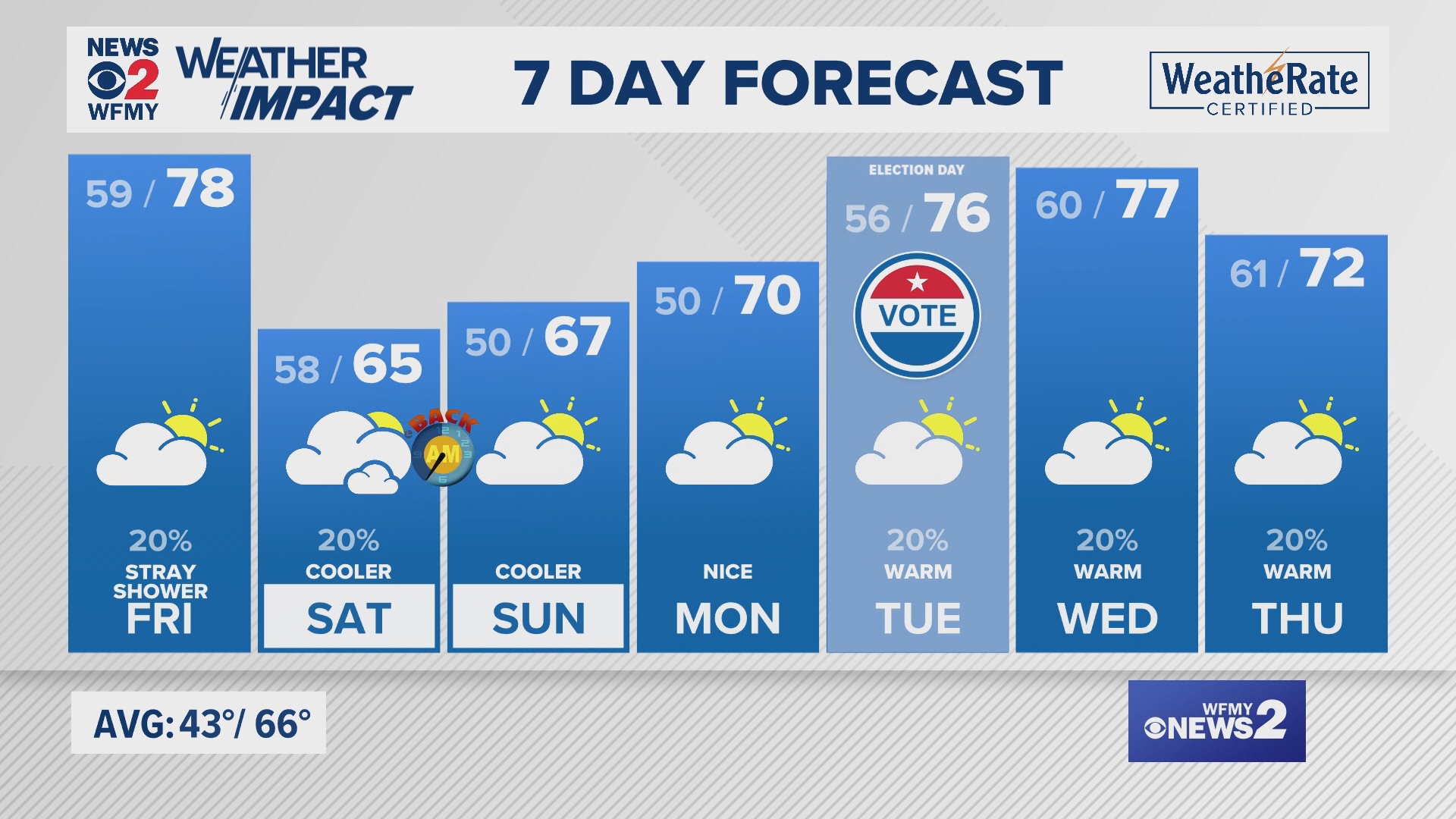CHARLOTTE, N.C. — Many new laws and regulations went into effect in North Carolina in January, including changes from the General Assembly to child support payments.
Every four years, the General Assembly updates the child support guidelines. Basically, it's a formula that lets the courts know how much child support each parent should be paying.
Here's what changed in 2023 and how it will affect those paying and receiving child support payments in North Carolina.
OUR SOURCES
First, let's look at the child support calculator and how these guidelines work. Miller says the formula takes into account a lot of factors like the salaries of both parents, the number of overnights each parent has with their children and who pays for health insurance and day care expenses.
"You would put all of those into the calculator, and the calculator would spit out the number that would be involved in your case," Miller said.
Before Jan. 1, families making $30,000 a month or less could use the child support guidelines. The General Assembly increased that number to $40,000 per month combined.
"You can always agree to any number that you want to if you come up with a number that both parents feel comfortable with," Miller said. "But if you can't come to that agreement, then the court is going to apply these guidelines if the income threshold isn't over $40,000 per month."
Another change is the amount for stay-at-home parents. Miller told WCNC Charlotte the old guideline allowed stay-at-home parents caring for children under 3 years old to put zero for their income. Not anymore.
"Now the court has the ability, even if you are staying at home with a child under the age of three, the court can impute income to you at a bare minimum of the minimum wage so that you have income put into the child support calculator," Miller said.
Miller said generally, child support would increase between the old guidelines to the new ones. That change is an increase of about 4% in child support. However, for ongoing child support cases, that is not an automatic change, meaning either party would need to request a modification from the court for the new number to be applied.
Contact Meghan Bragg at mbragg@wcnc.com and follow her on Facebook, Twitter and Instagram.
VERIFY is dedicated to helping the public distinguish between true and false information. The VERIFY team, with help from questions submitted by the audience, tracks the spread of stories or claims that need clarification or correction. Have something you want VERIFIED? Text us at 704-329-3600 or visit VERIFY.



